Massachusetts alcohol ID laws
Massachusetts Alcohol ID Laws: Everything You Need to Know
When it comes to Massachusetts alcohol ID laws, it’s essential to understand the legal framework surrounding the sale and purchase of alcoholic beverages. Massachusetts, like every other state, has strict regulations governing alcohol, and these laws particularly focus on age verification and acceptable forms of ID. If you're a resident, a business owner, or just visiting the state, it’s crucial to be aware of the alcohol laws in Massachusetts and how they apply to both consumers and retailers.
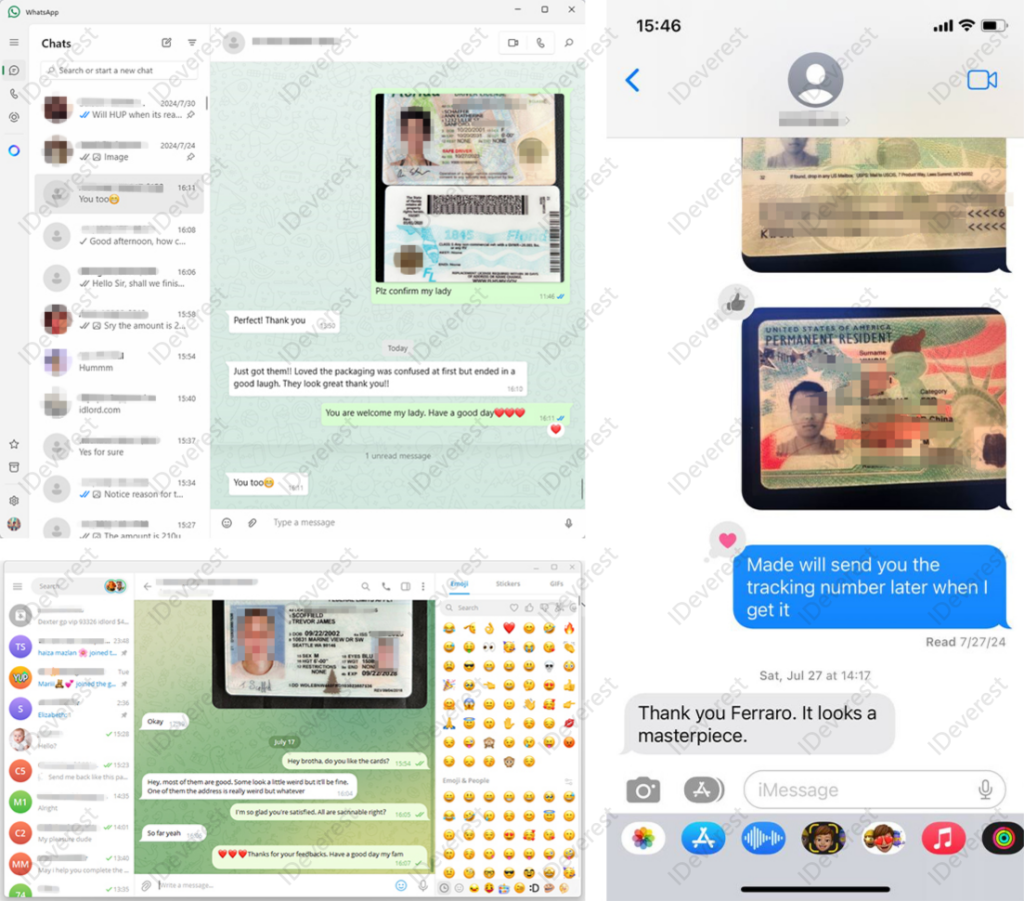
Overview of Massachusetts Alcohol ID Laws
The primary purpose of Massachusetts alcohol ID laws is to prevent minors from purchasing or consuming alcohol. The state enforces a minimum legal drinking age of 21, which is consistent across the U.S. Businesses that sell alcohol must verify that customers are of legal age, and failure to do so can result in severe penalties, including fines and potential loss of liquor licenses.
Acceptable Forms of Identification
According to Massachusetts ID requirements for alcohol, only certain forms of identification are considered acceptable to prove legal drinking age. These include:
- A valid Massachusetts driver’s license.
- A valid Massachusetts identification card.
- A passport (either U.S. or foreign).
- A U.S. military ID.
These forms of ID must be valid, unexpired, and government-issued. In some cases, out-of-state licenses may also be accepted, but businesses are encouraged to exercise caution, as the state holds establishments responsible for any underage sales.
Age Verification Laws for Alcohol in Massachusetts
Under Massachusetts law, all alcohol retailers—whether liquor stores, restaurants, or bars—are legally required to verify the age of any customer who appears to be under 30. Failure to check IDs can result in stiff fines and potential loss of the establishment's license. To ensure compliance with Massachusetts alcohol serving laws, establishments often use electronic ID scanners or manual verification processes.
Penalties for Selling Alcohol to Minors
Selling alcohol to someone under the age of 21 is a serious offense in Massachusetts. If caught, the business may face fines, legal action, and the possibility of losing its liquor license. The individual employee responsible for the sale can also face criminal charges. Penalties for selling alcohol to minors typically include:
- Fines ranging from $1,000 to $5,000.
- Suspension or revocation of the establishment’s liquor license.
- Criminal charges for the employee involved.
Massachusetts Fake ID Laws
Another critical aspect of Massachusetts alcohol ID laws is the enforcement against the use of fake IDs. The state treats the possession or use of a fraudulent ID to purchase alcohol very seriously. If a minor is caught using a fake ID, they could face:
- A fine of up to $200.
- Imprisonment for up to three months.
- Loss of their driver’s license for up to six months.
Additionally, if an establishment unknowingly accepts a fake ID, it may still be held responsible if the authorities find out that alcohol was sold to a minor. Hence, many businesses use ID scanners to minimize the risk of accepting fake identification.
Long-Term Impacts of Violating Alcohol Laws in Massachusetts
For businesses, violations of Massachusetts alcohol ID laws can have long-term financial and reputational consequences. Penalties for non-compliance may include temporary or permanent loss of liquor licenses, which could cripple operations, particularly for bars and restaurants. Additionally, fines and legal fees can be extremely costly.
From a personal standpoint, if you're under 21 and caught trying to purchase alcohol using a fake ID, the legal repercussions could impact your future. A criminal record, suspension of driving privileges, and the associated fines can all follow you for years.
What Retailers Can Do to Stay Compliant
To avoid penalties under Massachusetts alcohol sale laws, it’s vital for retailers to establish a solid protocol for verifying IDs. This may include:
- Training staff to identify fake IDs.
- Using electronic ID scanners for verification.
- Refusing service to anyone who cannot provide a valid form of identification.
Establishing and following strict guidelines will protect businesses from legal issues and ensure that alcohol is not sold to underage customers.
Massachusetts Alcohol Laws: Key Takeaways
In summary, Massachusetts alcohol ID laws are in place to protect public safety by preventing underage drinking. If you plan to purchase alcohol, make sure you have an accepted form of identification, and if you're a business owner, ensure your establishment is fully compliant with the state's alcohol laws. Understanding and adhering to these rules will help avoid potential fines, legal trouble, and other severe penalties.
Related Long-Tail Keywords for Massachusetts Alcohol ID Laws
- What IDs are accepted for alcohol purchase in Massachusetts?
- Fake ID penalties in Massachusetts for alcohol purchase.
- Massachusetts underage drinking laws and penalties.
- How to verify IDs for alcohol sales in Massachusetts.
- What happens if you sell alcohol to a minor in Massachusetts?
- Massachusetts laws for buying alcohol with a fake ID.
- Requirements for businesses selling alcohol in Massachusetts.
- Massachusetts laws for serving alcohol in restaurants and bars.
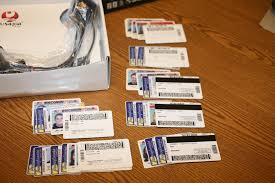 Canada-British Columbia DLFake
Canada-British Columbia DLFake
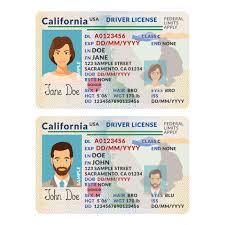 CalifomiaFake ID
CalifomiaFake ID
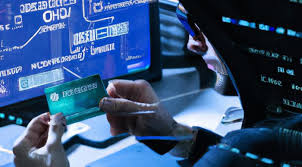 Canada-Ontario DLFake ID
Canada-Ontario DLFake ID
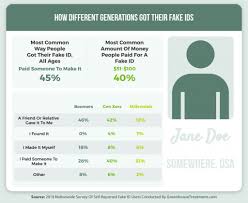 GeorgiaFake ID
GeorgiaFake ID